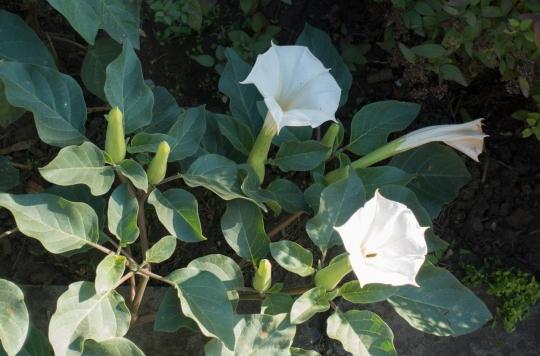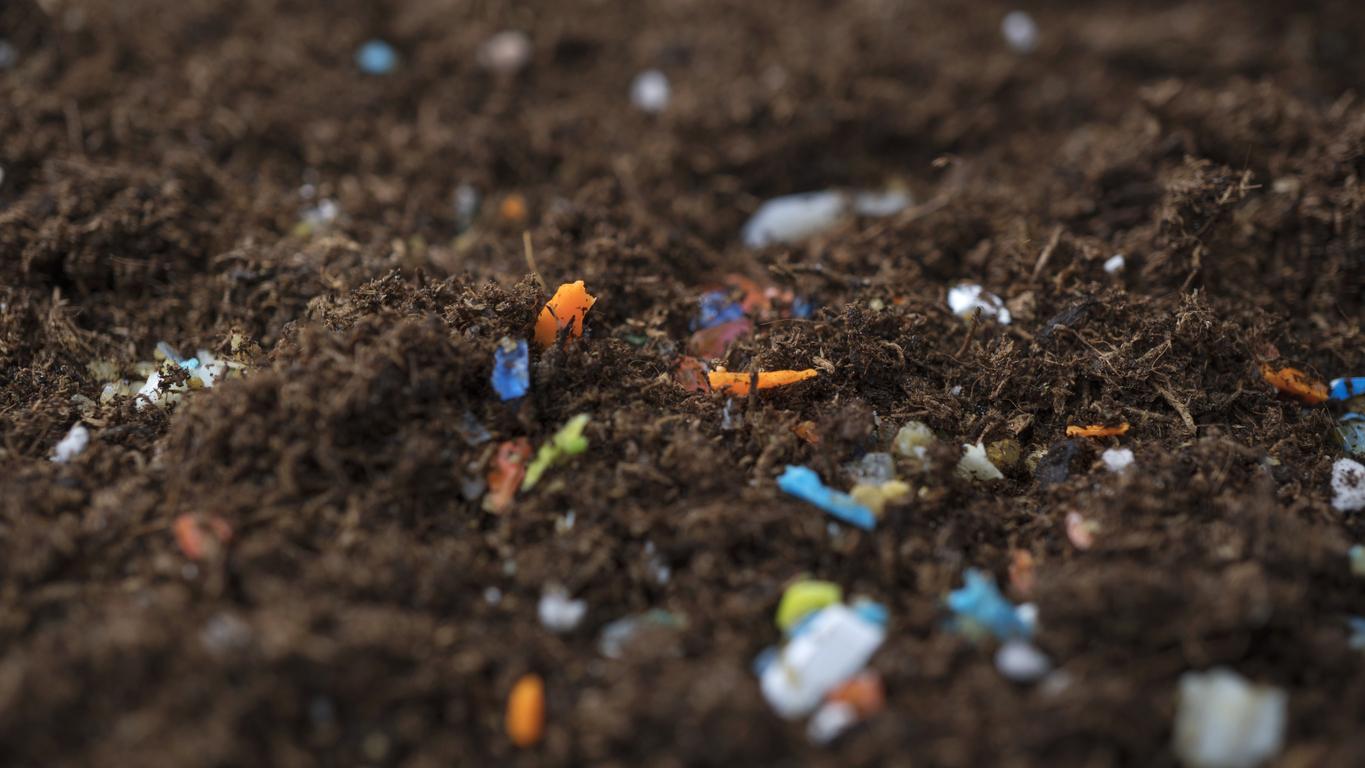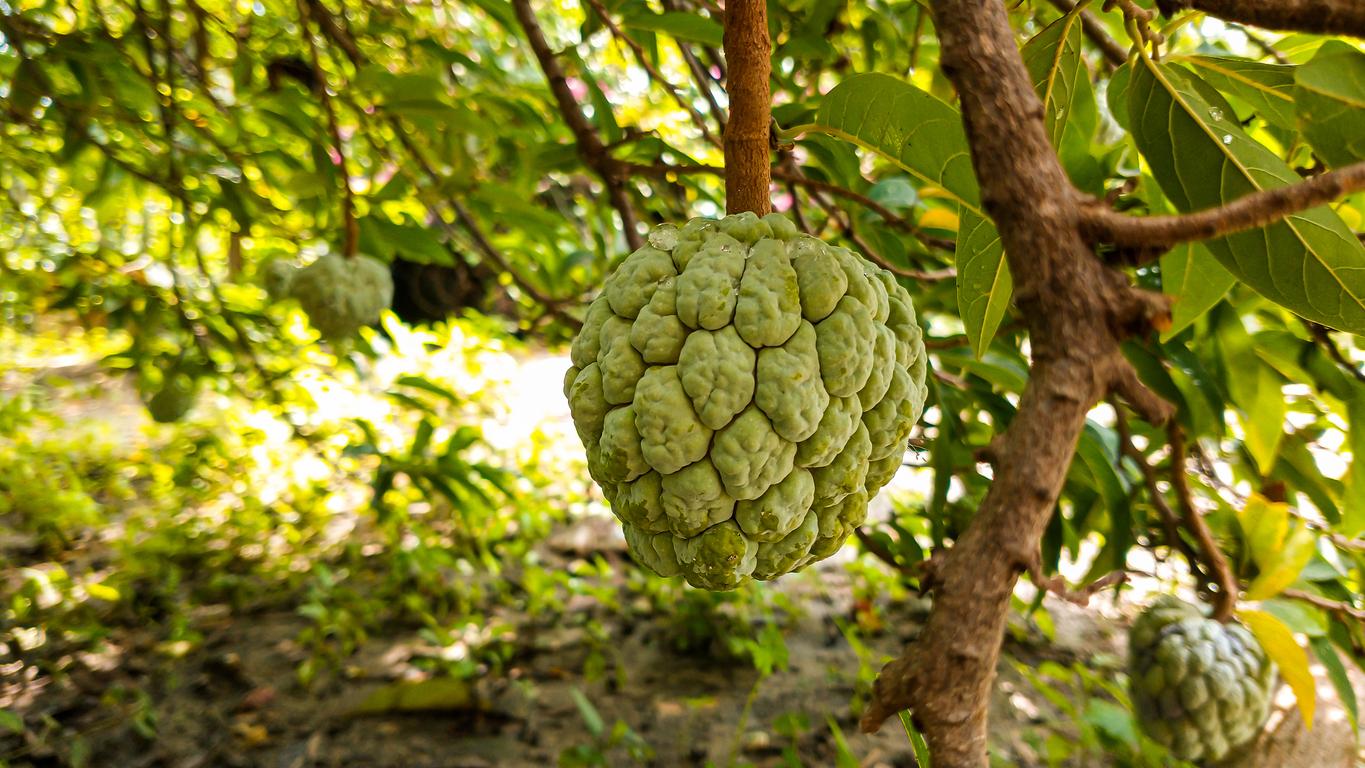Also known as “devil’s grass”, datura has become a nightmare for farmers who have gone organic. In recent months, several organic buckwheat flour recalls have been made by the authorities to avoid any risk of poisoning.

With these white bell-shaped flowers, it could pass for an innocent field plant. However, the datura is a formidable toxic plant, which has become the plague of organic farmers.
Health risks
Seeping into crops where there is no more chemical weeding, the datura stramonium, also known as “devil’s weed”, contains in its stem, leaves and flowers alkaloids (atropine and scopolamine), substances toxic to the body. As explained France Info, the ingestion of datura can cause an anticholinergic syndrome, which combines cardiac and neurological disorders. Among the clinical symptoms: dry mouth, dilation of the pupils, sinus tachycardia, fever. If ingested in large doses, this plant can also cause mental confusion, hallucinations, hyperthermia, coma and respiratory depression. According to Magali Labadie, head of the Bordeaux Poison Control Center, “deaths are possible because hallucinations can lead to self-aggressive acts”.
Product recalls and poisonings
While no deaths are currently attributable to datura in France, several cases of poisoning have been reported in recent months. In December 2018 and February 2019, the contamination of organic buckwheat flour caused about fifteen hospitalizations in Martinique, fortunately for minor cases.
At the end of August, it was the turn of the “Jardin Bio”, “Nature et Cie”, “Ma Vie sans Gluten” and “Graines d’Alisa” brands to recall batches of organic buckwheat flour after datura alkaloids have been detected there during health tests.
If the datura grows mainly in crops that do not use phytosanitary products, the plant can also contaminate vegetables from traditional agriculture, recalls France Info. This is particularly the case with beans and spinach, whose green leaves and stems resemble those of datura.
For Xavier Reboud, research director at Inra, it is necessary to “take this risk seriously”, even if he assures us that there is currently no “significant increase in the number of problematic situation”.
The solution may come from farmers themselves: by growing winter cereals such as wheat or barley, they minimize the risk of contamination with datura, a plant that likes heat and is very sensitive to cold.
.















